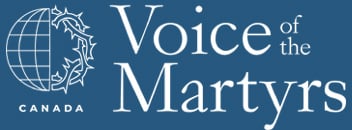 In an astonishing decision, the Canadian Human Rights Tribunal ruled on September 2 that Section 13, Canada's human rights hate speech law, is an unconstitutional violation of the Charter right to free expression because of its penalty provisions.
In an astonishing decision, the Canadian Human Rights Tribunal ruled on September 2 that Section 13, Canada's human rights hate speech law, is an unconstitutional violation of the Charter right to free expression because of its penalty provisions.
Section 13(1) of the Canadian Human Rights Act is an anti-hate law that was conceived in the 1960s to target racist telephone hotlines and then expanded in 2001 to include the Internet. For the last decade, one man, Ottawa lawyer Richard Warman, has been its almost exclusive complainant. This decision by Tribunal chair Athanasios Hadjis, in effect, strips the Canadian Human Rights Commission of its legal mandate to pursue hate on the Internet; a mandate it has strenuously defended despite accusations that this activity amounts to censorship. Mr. Hadjis found that that the pursuit of Section 13(1) cases "can no longer be considered exclusively remedial, preventative and conciliatory in nature the law" and the section has "become more penal in nature."
It is now up to the government and Canadian Human Rights Commission, which can appeal the ruling to Federal Court, to take the next step. VOMC's CEO, Glenn Penner said, in response to this ruling, "My hope is that the government will move to repeal Section 13 entirely and leave the prosecution of hate crimes in the criminal system where it belongs."
See VOMC's weblog for a helpful explanation of the difference between a human rights commission and a human rights tribunal (which are often confused with each other) and for commentary on the tribunal's recent decision.





